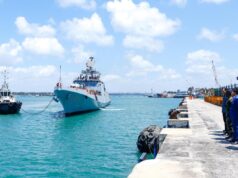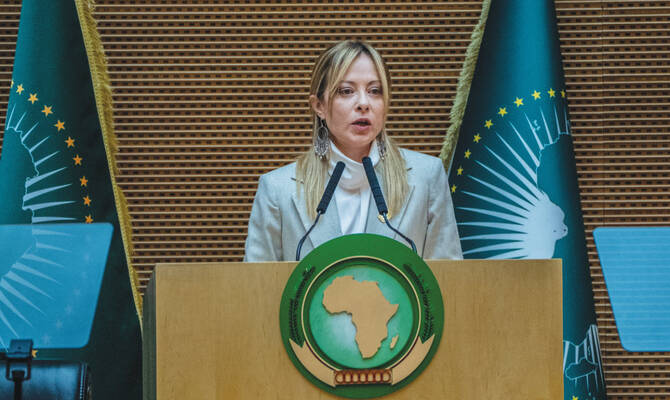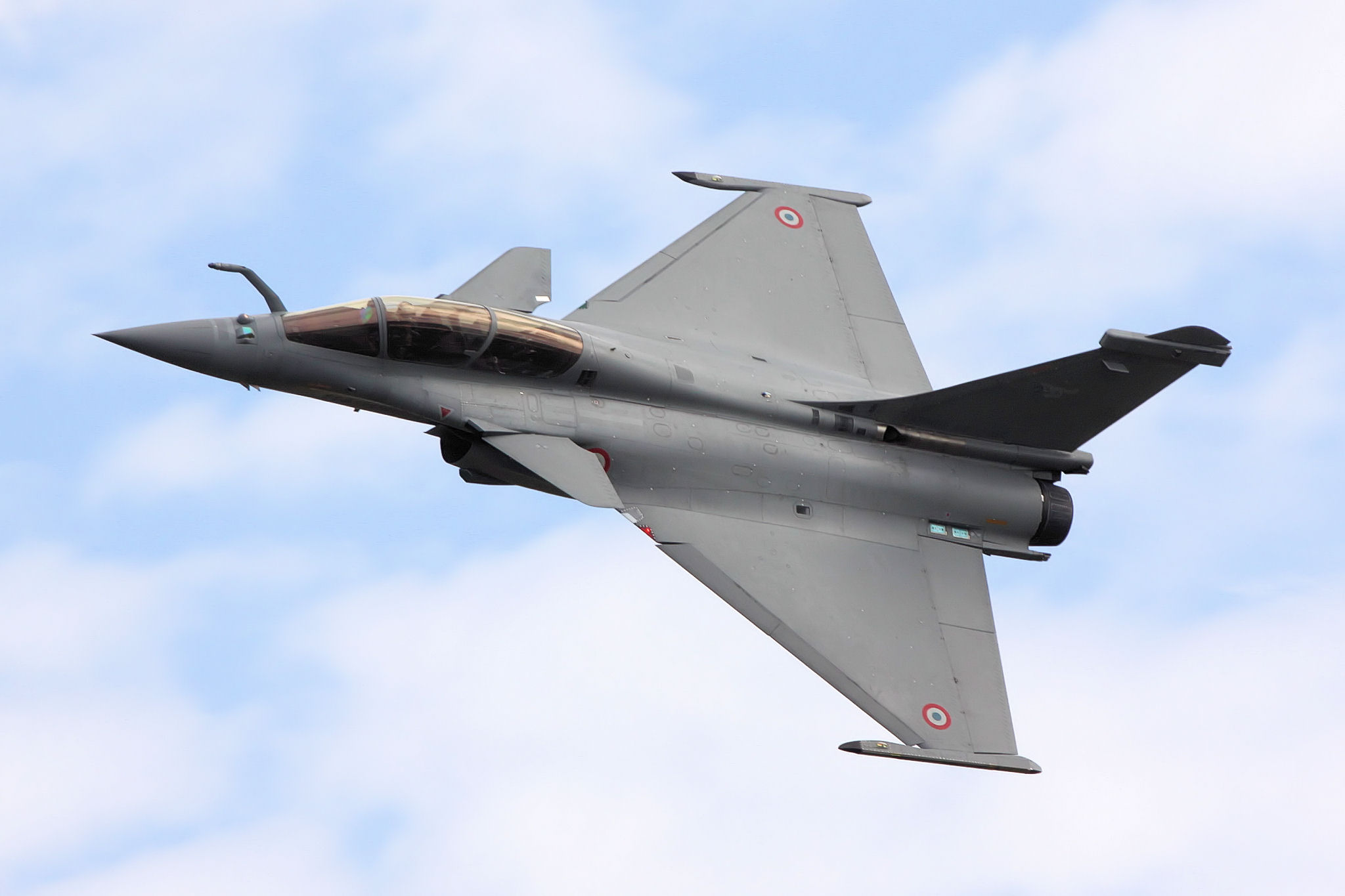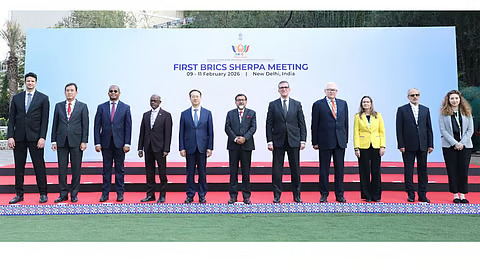The Indian Naval Ship Nilgiri participated in the Independence Day of Seychelles on 29th June 1976. With the commencement of the diplomatic ties in 1976, Seychelles and India have built a strong relationship through long-standing interactions and ongoing security assistance. A durable bond of friendship, mutual comprehension, and collaboration characterizes the relationship between Seychelles and India.
Strategic Significance of Seychelles
Vital for global trade, the strategic significance of Seychelles in the Western Indian Ocean has drawn the attention of key stakeholders due to its geographical position and the region’s critical role in facilitating the unrestricted movement of goods. Various regional water navies, in particular, have shown a significant interest in the region.
Maritime Economy and Conservation Efforts
Seychelles, a largely African nation, acknowledges the significance of its maritime-based economy primarily derived from fishing and tourism as its prime resource. Nevertheless, maritime crime has a significant impact on the trade. Seychelles is working hard to protect and enhance its maritime territory by implementing a policy that allows consumers to trace the source of tuna caught by Seychelles is fishing vessels. The Seychelles have committed to conserving up to 30% of their marine territory through initiatives like marine protected areas and sustainable fishing practices, as outlined in the detailed conservation plan. The objective is to conserve species and ecosystems, enhance coastal resilience in the face of climate change, and maintain economic prospects in tourism and fishing by preserving biodiversity, supporting sustainable livelihoods, and mitigating the impacts of environmental changes.
Security Measures
The Seychelles, as a prominent island, has been actively working to protect its interests in the Indian Ocean. One of the maritime concerns is piracy. Both Seychelles and India recognize illegal fishing and the trafficking of narcotics at sea as significant threats to the country’s economic development.To effectively safeguard the maritime domain, the government is implementing targeted strategies and initiatives to transition from solely focusing on counter-piracy operations to becoming a regional hub for maritime security and transnational crime-fighting coordination.
Blue Economy Policy
Seychelles, as a member of the Indian Ocean Rim Association (IORA), has been an early adopter of the dedicated Blue Economy policy, making it a potential beneficiary of India’s contributions. Due to its geographical location, the Seychelles relies largely on marine resources. Owing to its proximity to the African continent, its objectives primarily coincide with those of its African neighbours. Nevertheless, it is currently developing new alliances with Australia and India.
Seychelles blue economic policy prioritizes infrastructure development on remote islands and tourism enhancement. There is a substantial requirement for infrastructure to ensure essential connectivity and mobility for economic activity and an equitable and sustainable economy. The Seychelles government has proactively aimed at identifying Innovative and sustainable solutions for the exploitation of ocean resources. The government has developed the concept of a blue economy, which aims to enhance marine-based economic development, improve human well-being, and reduce environmental risks and ecological scarcity.
Maritime Security Initiatives
In 2015, the Ministry of Finance, Trade, and the Blue Economy created the Blue Economy Department, whose primary role is to coordinate and facilitate the synchronization between existing sectors, institutions, and industries relevant to the Blue Economy.
In terms of security, Indian naval ships have made frequent visits to the island, particularly to counter piracy.
The Indian Navy’s Offshore Patrol Vessel, the Indian Naval Ship Sunayna, docked at Port Victoria, Seychelles on 15th June 2024 was accompanied by Zoroaster, Seychelles Coast Guard Ship (SCGS). The naval visit is of great importance, as it aims to strengthen the camaraderie and maritime cooperation between the Seychelles Coast Guard and the Indian Navy. The visit is highly significant for India, as it perfectly aligns with Prime Minister Modi’s vision of SAGAR—Security and Growth for All in the Region. The objective of this initiative is to promote peace, stability, and prosperity in the Indian Ocean Region, particularly for small island states.
During the visit, INS Sunayna participated in the combined Exclusive Economic Zone (EEZ) surveillance with the Seychelles Coast Guard. Their main focus was to combat illegal fishing, smuggling, and piracy, which pose significant threats to the economic well-being of the Seychelles. It is important to emphasize that these visits by Indian naval ships are part of a larger strategy to bolster maritime security in the Indian Ocean. This partnership not only enhances maritime security but also contributes to the broader goal of regional stability and prosperity.
Indian Naval Ship Tir visited Port Victoria, Seychelles on two separate occasions: from 24 February to 29 February 2024, and from 07-08 March 2024. The Indian Naval Ship Tir took part in the Ex Cutlass Express-24 (CE 24) maritime exercise in Seychelles. The objective was to improve maritime security and ensure the safety of sea lanes for maritime trade. Additionally, the exercise aimed to provide valuable training to 68 trainee officers (64 Indian, 4 foreign) who are currently undergoing basic ship training. During their stay, the trainees will have the opportunity to engage with the Seychelles Defence Forces and participate in cross-training exercises with the navies of other friendly countries.
Strengthening defence cooperation and enhancing capabilities is a crucial aspect of a strong and friendly relationship between Seychelles and India. This also contributes to the shared objective of ensuring safety and security in marine areas.
The Information Fusion Centre-Indian Ocean Region (IFC-IOR) and the Regional Coordination Operations Centre (RCOC), Seychelles have signed a Memorandum of Understanding (MoU) on February 21, 2023. This agreement is intended to strengthen the existing cooperation in the field of maritime safety and security inclusive of enhancing marine domain awareness, expertise, and information sharing.
The agreement will help both centres to develop a shared understanding of maritime issues to confront non-traditional maritime security threats, such as piracy, armed robbery, trafficking of people and goods, illegal, unregulated, and unreported (IUU) fishing, arms smuggling, poaching, and maritime terrorism. The primary emphasis will be on the Western Indian Ocean region. The MoU aims to strengthen confidence and develop synergy between the centres to promote collaborative efforts in maritime safety and security in the Indian Ocean Region as a whole.
Conclusion
India, like Seychelles, has made it clear that it will continue to prioritize maritime safety and security in the Indian Ocean Region. Both Seychelles and India have indicated that a safe and secure Indian Ocean region is important for economic prosperity and development of all countries involved in safeguarding sovereignty.









